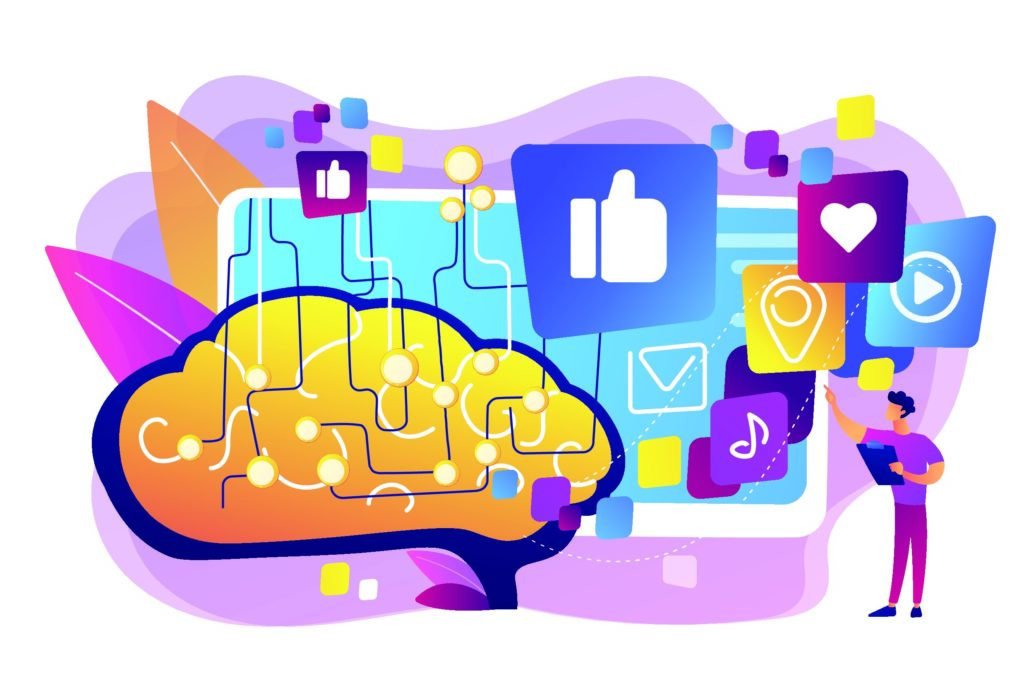Algorithmialand
Falling Prey to Social Media Puppet Masters
It may be counterintuitive, but there is an incipient yet growing approach to everything virtual where one gets to use the word traditionally, as applied to the Internet itself. And so, traditionally, social media marketers divide their online realm into 5 types:
- Social Networking Sites, which by all accounts is synonymous with Facebook. LinkedIn and Twitter other contenders.
- Image-Sharing and Messaging Sites, such as Instagram, Pinterest or Snapchat.
- Video Sharing Sites. All hail the king, Youtube!
- Social Blogging. Tumblr is a good example.
- Social Community Discussion Sites. Quora fits the bill here
Basically, an algorithm is a series of instructions followed step by step, to a tee, in order to achieve an objective or complete a task. Online, algorithms are defined by a set of characteristics: being finite, meaning it is designed to achieve in a number of steps and/or time; being definite, meaning every step of the way is defined precisely and the actions taken are unambiguous; having inputs, zero or more; having outputs, one or more; and proven effectiveness, the key to it all.
Which brings us to the specific traits of social media algorithms. Basically, they sort posts of a user feed based on relevancy rather than posting time (traditional approach: last first). This means absolute priority is given to content which is most likely to be what the user wants to see. And this is done by tracking behavior and extracting personal info, which in turn takes the form of customized recommendations.
In essence, algorithms do the necessary sifting so we may access content without going crazy. Think about the sheer volume!!! So why are they growingly controversial? Because of their impact on reach: how they seem to push brands on the user/consumer and push brands to buy premium social ads. The way they prioritize paid content puts a massive dent on what we believe is an organic, self-driven search for akin content, ultimately leading to a skewed view of reality, where we are only fed what we “like”.
Alarm bells are going off and getting louder, as we all know, in the online world. There are growing ethical concerns with the grip that social media puppet masters seem to have on certain segments of the population, namely pre-teenagers, teenagers and tweenteenagers. Jaron Lainier, author of 10 Arguments For Deleting Your Social Media Account Right Now, is a free-speech advocate who contends and defends ardently that the true mission of social media firms is changing our behavior. He tags the tech giants as behavior modification emporiums. Double tapping, sliding and aching for likes are seriously affecting our tweens and teens, unable to draw up proper boundaries.
American psychological researchers estimate that the concept ‘social media addiction’ can be applied to as much as 10% of the population, with teens prominently at the helm. The range of proven disorders includes mood modification (engagement in social media to make yourself happy), salience (behavioral, cognitive and emotional concern with social), tolerance (increased use), withdrawal symptoms (physical and mental symptoms when social is curtailed, deleted or stopped for good), conflict (lack of empathy, aggressiveness hike, interpersonal problems), and relapse (reverting to social media abuse after abstinence). Ring a bell? Gambling, alcohol, and drug abuse? Anxiety, depression? Approximately 27% of youth spending 3 or more hours stuck on social media daily exhibit symptoms of poor mental health. All too close to home.
This single fact embodies the problem. In real life, people talk about themselves 30 to 40% of the time, give or take. Since many of the traits of social media are about showcasing and showing off your life and ‘accomplishments’ unabashedly, people end up talking about themselves a stupefying 80% of the time. Post, get a positive feedback, and in comes the dopamine rush. This endless loop rewards precisely this behavior and perpetuates the social media addiction.
Sources:
https://www.thinkautomation.com/eli5/what-is-an-algorithm-an-in-a-nutshell-explanation/
https://bisma.in/algorithm-and-its-characteristics/
https://sproutsocial.com/insights/social-media-algorithms/
https://lets-talk-teens.org/the-impact-of-social-media-algorithms-on-our-kids/
https://www.addictioncenter.com/drugs/social-media-addiction/


